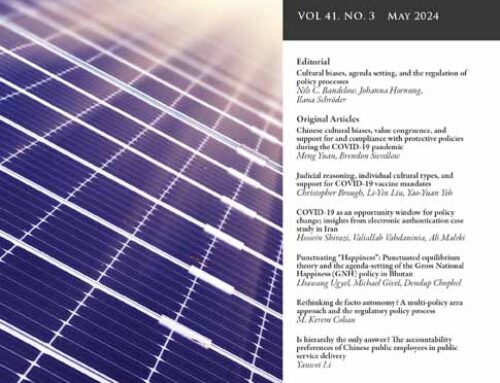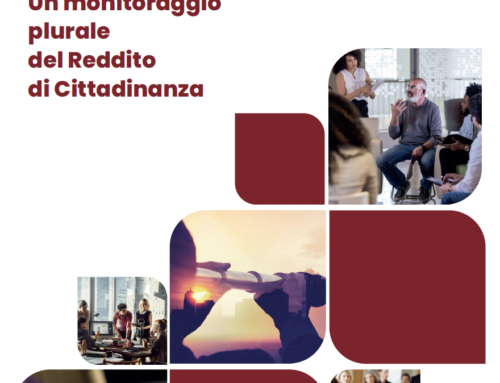EU member states have adopted Minimum Income Schemes (MIS) to prevent destitution and ensure a minimum standard of living through means-tested income support combined with Active Labor Market Policies (ALMPs). However, the effectiveness of MIS has been hindered by limited coverage, low take-up rates, inadequate cash transfers, strict conditionalities, and the limited impact of ALMPs. Public opinion is polarized, leading to potential policy changes. Pilot projects have emerged as a strategy to address implementation barriers, facilitate evidence-based policy making, and improve stakeholder relationships. This paper investigates the political conditions under which pilots are promoted and the effects these policy decisions have on scaling up through a qualitative analysis and comparison, using two exemplary cases—B-MINCOME in Barcelona and Weten Wat Werkt in Utrecht.
The article is available in Open Access at the link: https://onlinelibrary.wiley.com/doi/10.1111/ropr.12611




